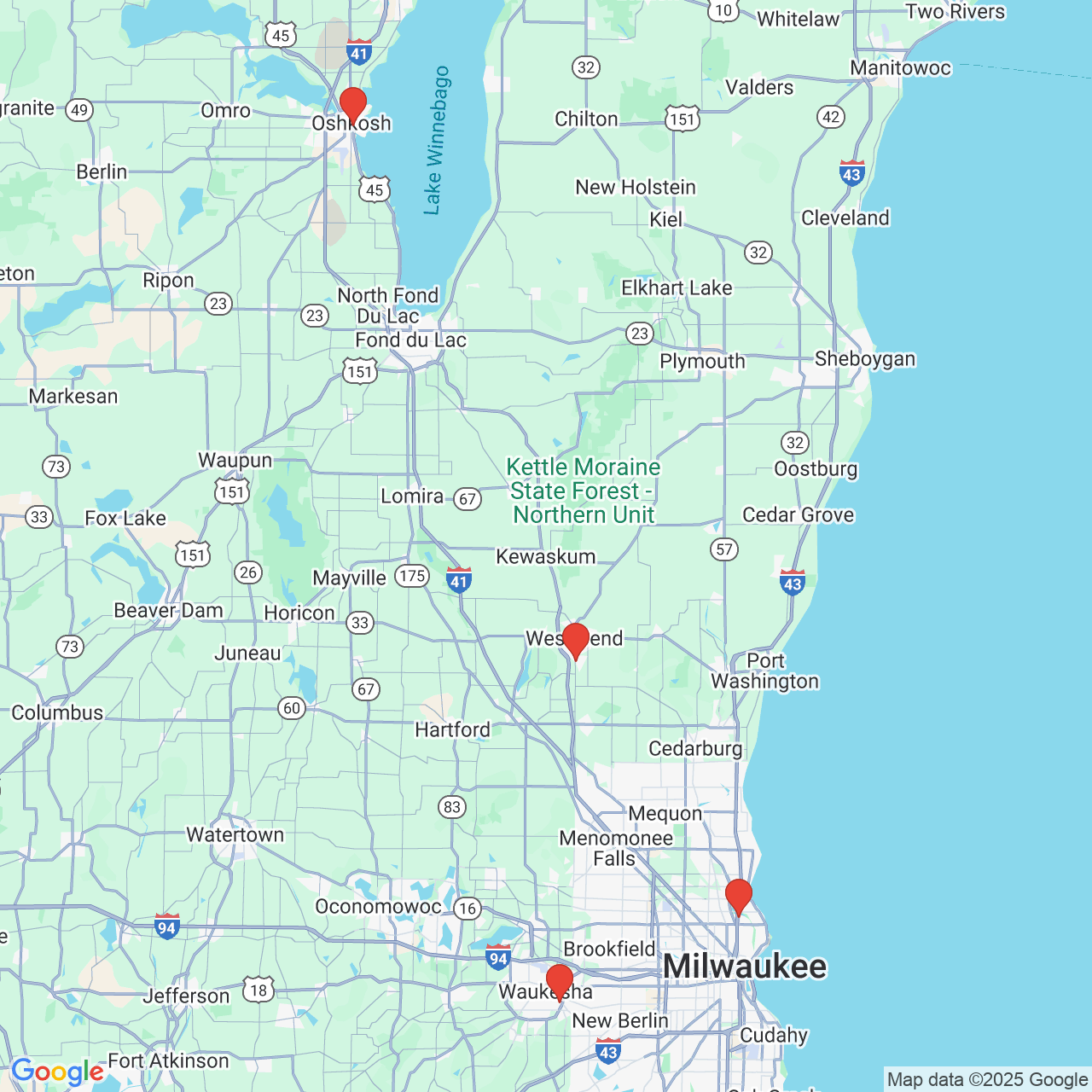Why Did I Get Two Tickets? OWI and PAC Explained.
Why Did I Receive Two Tickets? What is the Difference between OWI and PAC? When you are arrested on suspicion of drunken driving in Wisconsin and you consent to chemical testing, you may receive two charges. The first charge is for Operating While Intoxicated. This charge is for violating Wisconsin Statute §346.63(1)(a), which reads: (1) No person may drive or operate a motor vehicle while: (a) Under the influence of an intoxicant, a controlled substance, a controlled substance analog or any combination of an intoxicant, a controlled substance and a controlled substance analog, under the influence of any other drug to a degree which renders him or her incapable of safely driving, or under the combined influence of an intoxicant and any other drug to a degree which renders him or her incapable of safely driving Simply put, a police officer may arrest you for drunk driving, if he or she feels that you are impaired, and believes that there is probable cause to arrest (which may or may not be true). Even if your alcohol level is below .08, you may be arrested on suspicion of OWI. This charge is based on the officer’s observations of your level of impairment. The OWI charge may also involve prescription, non-prescription or illegal drugs. You can be cited for taking your prescription medication as prescribed, or even taking too much NyQuil. An officer might cite you based solely on your appearance and the officer’s opinion of the level of impairment. While a blood test is typically done, the OWI will be charged long before those results are received. The second charge is Operating with a Prohibited Alcohol Concentration. This citation is for violating Wisconsin Statute §346.63(1)(b) and reads: (1) No person may drive or operate a motor vehicle while: (b) The person has a prohibited alcohol concentration This charge is solely about your alcohol level. If you are at or above .08, you will receive this charge in addition to the OWI charge. When you consent to a breath test, this citation is usually given to you immediately. However, when you consent to a blood test, a PAC citation is typically mailed to you within a few days of receiving your blood test results. Overall, the difference is very slight. We like to think of them as two different sides of the same coin – or two different ways of accusing you of the same thing. The OWI is for being impaired by alcohol and does not require a specific amount. The PAC is specifically for being above the legal limit, and does not require impairment. While you can be found guilty of both charges, it only counts as one conviction, and you can only be penalized for one charge. The prosecutors almost always agree to dismiss one of the citations in exchange for a guilty plea to the other. Do not be fooled that this is beneficial, as you cannot be punished for both charges anyway, and the penalties for these charges are almost always the same. The penalties for OWI/PAC can be found here: http://www.wisconsin-owi.com/wi-dui-owi-laws/wisconsin-owi-penalties/ We are Wisconsin only certified OWI defense specialists; so if you have any questions about your situation, please submit an online case evaluation request, or give us a call.


